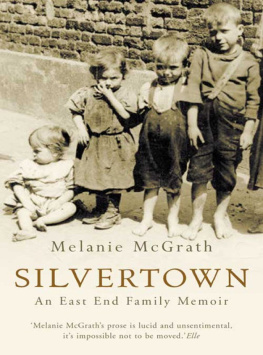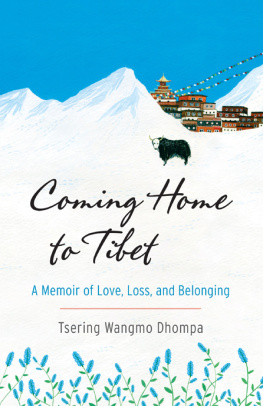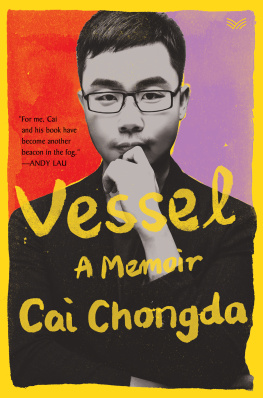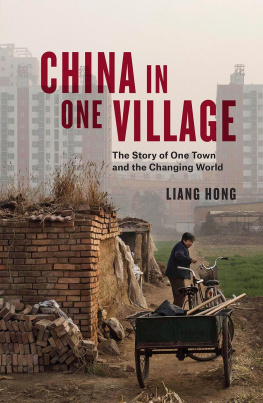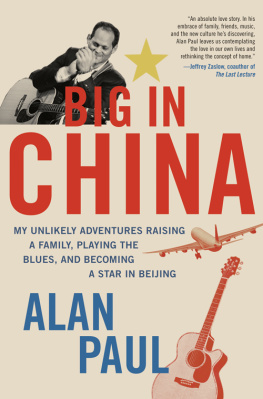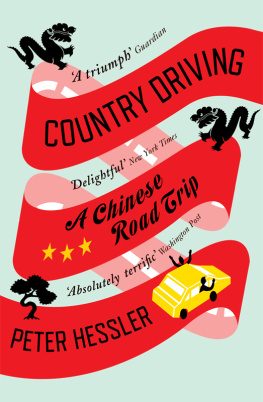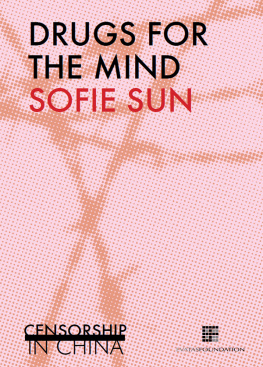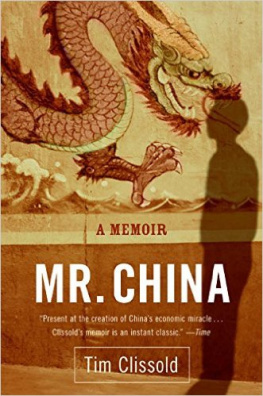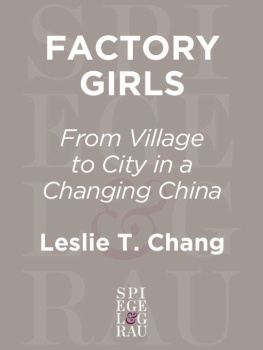It is the journey through heady, whiplash times that helps us understand where the nation is going Perhaps [her elegy] for vanished homes in China required distance to write A laojia [old home] exists not so much on a map but in the heart.
New York Times
[An] account of fiery, artistic defiance and a testament to the act of storytelling as a way to break the silence Guo writes in the audacious, restless and fragmented prose that has become her imprint: a feverish style that can be as merciless as the world she portrays.
New Statesman (UK)
Rebellious, flamboyant and fundamentally optimistic She writes frankly and furiously Fascinating.
Scotland on Sunday (UK)
Gripping In evocative, captivating prose that reads like fiction, Guo brings to life her lifelong struggles against the chains of poverty, gender, and censorship A rich and insightful coming-of-age story of not only a woman, but of an artist and the country in which she was born.
Kirkus Reviews
The most compelling Chinese memoir since Jung Changs Wild Swans Shes refreshingly fierce and funny.
Telegraph (UK) (5 stars)
[A] fierce portrait of coming of age in 1980s-1990s China.
Library Journal
Copyright 2017 by Xiaolu Guo
Cover design by Cindy Hernandez
Cover photograph Robin Friend
All rights reserved. No part of this book may be reproduced in any form or by any electronic or mechanical means, including information storage and retrieval systems, without permission in writing from the publisher, except by a reviewer, who may quote brief passages in a review. Scanning, uploading, and electronic distribution of this book or the facilitation of such without the permission of the publisher is prohibited. Please purchase only authorized electronic editions, and do not participate in or encourage electronic piracy of copyrighted materials. Your support of the authors rights is appreciated. Any member of educational institutions wishing to photocopy part or all of the work for classroom use, or anthology, should send inquiries to Grove Atlantic, 154 West 14th Street, New York, NY 10011 or .
First published in Great Britain in 2017 by Chatto & Windus, an imprint of Panguin Random House UK.
Published simultaneously in Canada
Printed in the United States of America
First Grove Atlantic hardcover edition: October 2017
First Grove Atlantic paperback edition: November 2018
Library of Congress Cataloging-in-Publication data available for this title.
ISBN 978-0-8021-2867-6
eISBN 978-0-8021-8932-5
Grove Press
an imprint of Grove Atlantic
154 West 14th Street
New York, NY 10011
Distributed by Publishers Group West
groveatlantic.com
18 19 20 21 10 9 8 7 6 5 4 3 2 1
A wanderer, uprooted and displaced. A nomad in both body and mind. This was what I had become since leaving China for the West. It had been fifteen years of transit, change, forgetting and adapting. Then all of a sudden, at the age of forty, my belly was expanding. The earth had begun to exert a pull on me, a pull towards motherhood. On the second day of 2013, I found myself lying on an operating table in a hospital in London, my body hooked up by wires and tubes to a bank of humming machines. I was about to burst, literally. The moment the baby girl was pulled from my womb by Caesarean section I heard a cry a sound that was at once familiar, but utterly surprising. There she was. Wrapped in a new towel with her wet, bruised little face against my breast. I embraced her with wonder and fear. This is good, I thought. This child will be rooted here. She will be a grounded person, unlike me, a peripatetic peasant, a cultural orphan.
Twenty minutes after delivery, we were wheeled into the maternity ward, filled with newborns and new mothers. Still in a haze of morphine, I heard all sorts of languages being spoken around me: Hindi, Arabic, German, Spanish, Polish. I remained in the hospital for the next three days, dressed in only a thin gown, trying to breastfeed and struggling to use the bathroom, shocked to see so much blood flowing out of me.
On the fourth day, when we arrived back home, I was surprised by a sudden urge to call my mother. I hadnt mentioned to her that I was pregnant once in those long nine months. As was typical of our relationship, we hadnt spoken in a while.
I dialled the dreaded number, embedded so deeply in my mind I could recite it in my dreams.
Mother, its me.
Oh, Xiaolu. I wasnt expecting your call. Then immediately, Where are you?
London.
Whats wrong? Why are you calling? She was direct, almost rude. She had served as a Red Guard at the age of sixteen, a coarse and uneducated girl straight out of the rice fields. I always assumed that was one of the reasons we never got along.
Im fine, I said. I wanted to let you know I found myself tongue-tied and unable to bring myself to say it. I just gave birth to a healthy baby girl.
What? my poor mother cried. You just gave birth?
Yes. She is half-Chinese and half-Western.
My heavens! You were pregnant?
After a few seconds of silence from her end, I thought she might at least ask the name of the baby, but instead she said, Are you coming back for Qingming Festival?
Qingming is a day in April when we pay our respects to the dead. We sweep their tombs, burn incense and pray. I said nothing, only listened to her angry sobs through the telephone.
You should come back! You dont even know where your father is buried! I want to move your grandmothers ashes from the village and put them next to your father. You should come back for this.
This time, I thought, I have no excuse not to go. None. I might as well go and pay a debt of filial duty, once and for all. Its only a twelve-hour flight. I can do it. My whole adult life I had avoided going back to my childhood home as much as possible. Shitang, the fishing village where I witnessed my grandparents depression and poverty, was a place I came to loathe. Wenling, where I spent my adolescent years, the cradle for my troubled relationship with authority, repelled me. When I left to study in Beijing in 1993, I promised myself: thats it, I will never return to this stifling backwater again. Ten years later, when I left China for Britain, I said to myself: from now on, no more ideological brainwashing. Im not going to let myself be tripped up by my rotten peasant roots. But the time had come to face the past. To try to explain to my family how I had lived all these years. After all, I would have to explain it to my little daughter one day too. Just like James Baldwin said: tell it, go tell it to the mountain, tell it to your native kin, to the dead souls and the living souls. I would have to face them, one by one. No escape.


